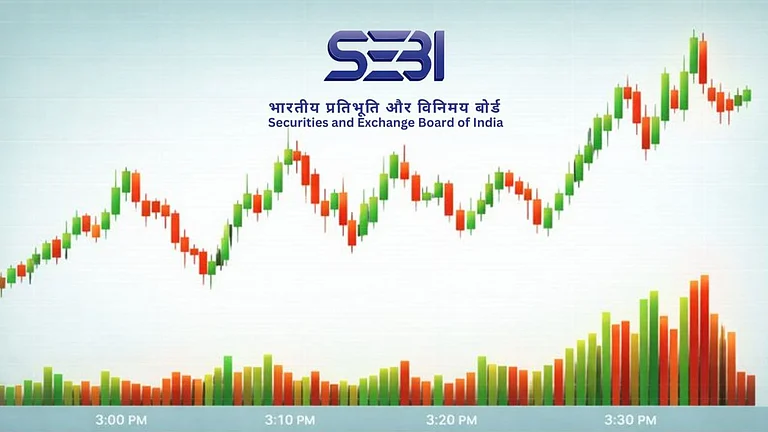It is believed that worshiping Goddess Lakshmi during Diwali brings prosperity. Keeping with this tradition, the Indian share market remains open for a special Diwali trading session. This unique ritual is also referred to as Muhurat trading. It also marks the beginning of the Hindu calendar Samvat 2081.
Muhurat trading is a ritual that is unique to the Indian stock market. The Muhurat trading session is considered auspicious for investing. This year the session will start on 6 pm November 1 and will continue till 7 pm. It will take place both on the National Stock Exchange and The Bombay Stock Exchange. The Muhurat trading session will have a pre-opening session from 5.45 to 6 pm. However, the markets remain closed today from 9.15 am to 3.30 pm. The Muhurat session is considered to be a good opportunity for long-term investors. Investors believe that trades conducted during the Muharat session bring luck, prosperity, and success. Thus Muhurat trading is a ritual that is steeped in traditions and yet married in modern finance.
Here are some popular approaches in Muhurat trading.
Long-term Investments: Investors often make purchases they intend to hold long-term, believing these investments are blessed and will grow steadily. Muhurat trading is thus meant for long-term strategies and not short-term speculation.
Portfolio Initiation or Balancing: Muhurat trading is an occasion to invest for both seasoned investors and first-time investors in the stock market Some investors use the Muhurat session to either start their portfolio or rebalance existing investments, aligning them with their financial goals.
Value Stocks: Choosing fundamentally strong stocks that are expected to appreciate over time is a common practice in Muhurat trading. It has often been seen that stocks that perform well during this session continue to perform well even after Diwali.
Thus Muhurat trading is a unique blend of tradition and prudent financial strategy which marks the auspicious start of the Hindu calendar. This session helps investors align their portfolios with long-term goals and one often invests in fundamentally strong stocks that are expected to bring steady growth.













